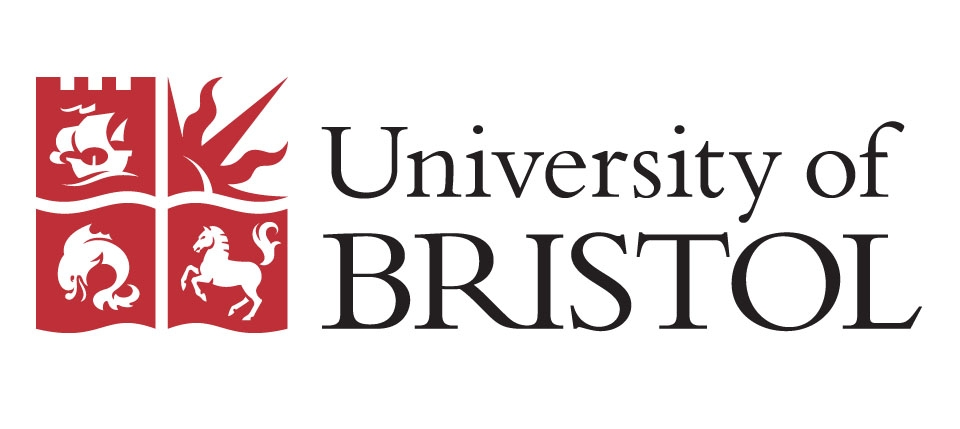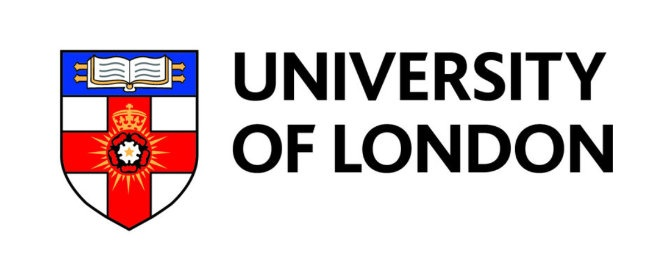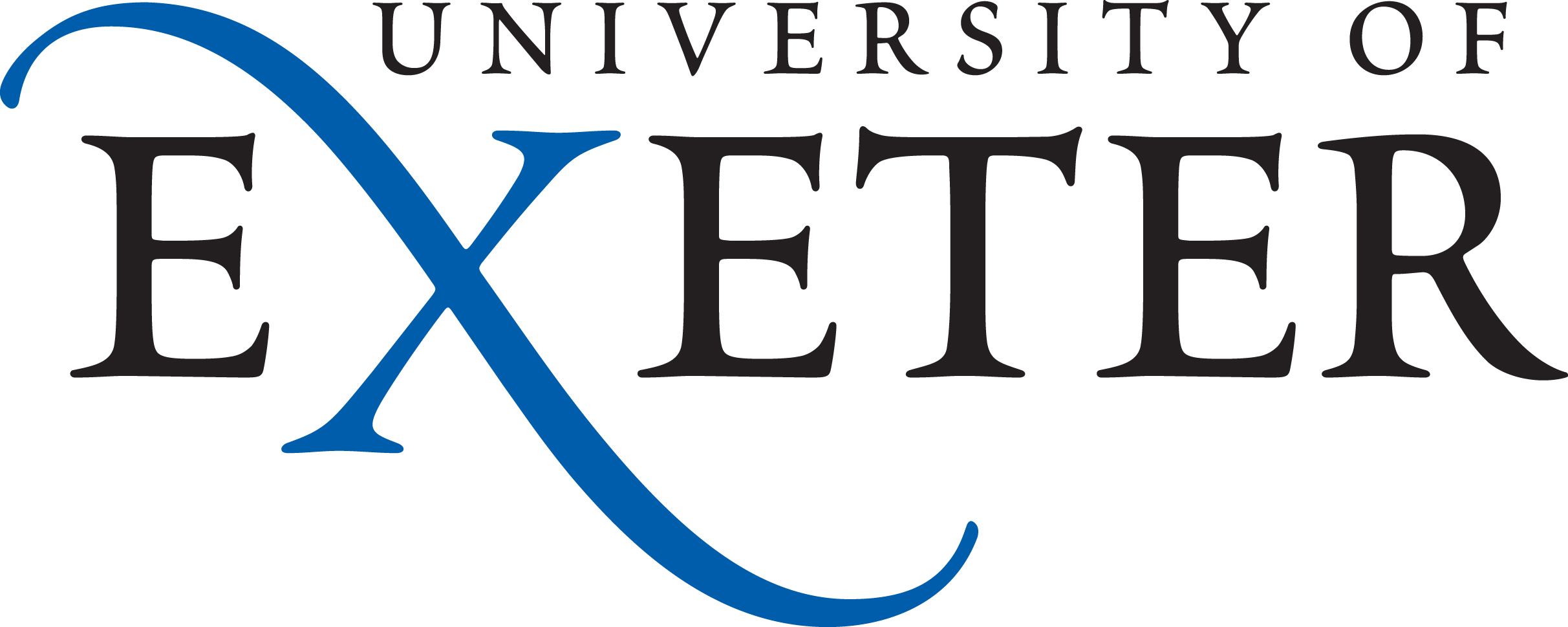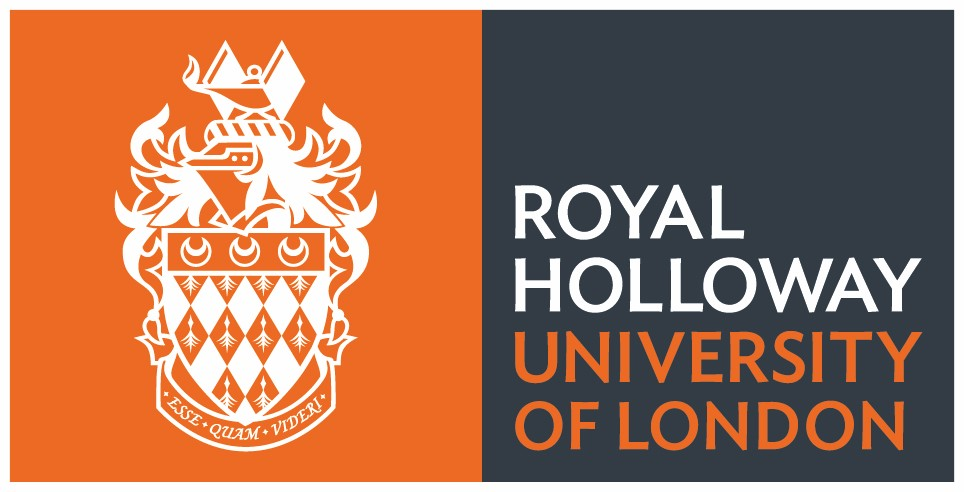Governance
Ethics and integrity are embedded in the vision and culture of the Unconventional Hydrocarbons in the UK Energy System Programme. To ensure that the Programme is free from bias and relevant to all stakeholder interests, an effective governance structure has been established, as outlined below.
NERC-ESRC Programme Executive Board (PEB)
The Unconventional Hydrocarbons in the UK Energy System Programme will adhere to NERC and ESRC’s framework policies, which set out the specific requirements for managing Research Programmes. The PEB is responsible for setting and monitoring the strategic direction and management of the programme and delivery of its objectives, providing oversight on governance, and ensuring it achieves its stated objectives whilst meeting the individual needs of the funding partners. The PEB will set the overarching governance processes for the entire Programme to ensure there is clear accountability for performance against NERC and ESRC's strategic objectives. Richard Davies (Principal Investigator for UKSGL) and Rachel Brown (Project Manager for UKSGL) will represent the Programme on the PEB, providing updates to NERC-ESRC from the other projects within the Programme.
Programme Advisory Board (PAB)
A Programme Advisory Board (PAB) has been developed for Unconventional Hydrocarbons in the UK Energy System Programme, comprising representatives from the key stakeholder groups. The board will provide advice to the research teams (via the Management Team of the UKSGL project) to ensure that the programme meets its overall objectives. The PAB members will have a role in reviewing proposals in response to flexible funding calls as well as reviewing publications and other outputs. The PAB will be ambassadors of the Programme supporting it in its impact generating activities.
The PAB is made up of:
- Policy makers and regulators at regional and national levels;
- Operators;
- Environmental NGOs;
- Professional organisations; and
- Funder representatives
Science Advisory Groups (SAGs)
All projects have established their own Science Advisory Group to provide expert guidance and advice as well as access to relevant data, if appropriate.






.png)

















